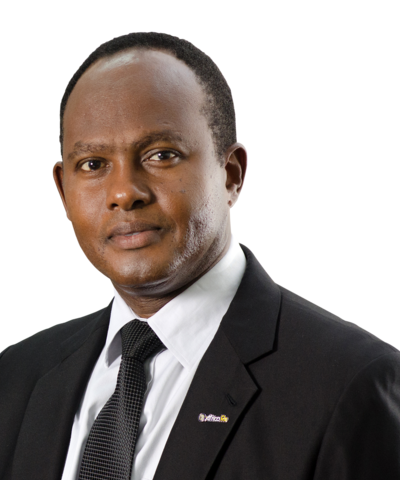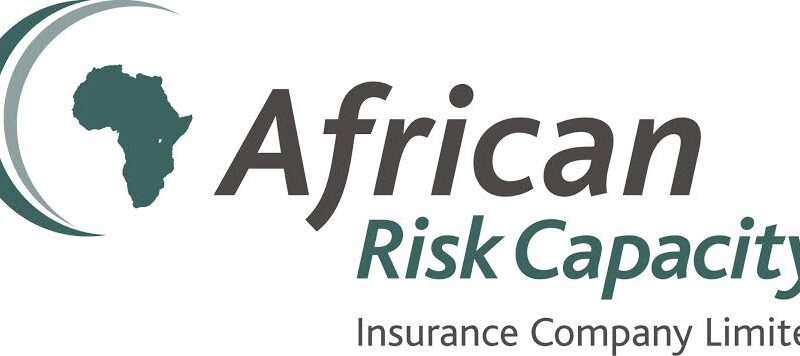Finance Ministry insists on 5% tax on data, calls
By Favour Nnabugwu
Ministry of Finance has insisted that 5percent tax would be deducted on data and calls
The Minister of Finance, Budget and National Planning Zainab Ahmed, stated that proposed 5 percent Telecommunication Tax on calls and data.
In a statement, the Special Adviser on Media, Mr. Tanko Abdullahi, in Abuja, yesterday, the minister cited the Finance Act 2020 as the enabling legislation for the tax.
The Minister of Communications and Digital Economy, Dr. Isa Pantami had opposed the tax which he said was ill-timed.
However, the Finance Minister said she would implement the tax on all voice calls, SMS and data services, in addition to the existing 7.5 percent Value Added Tax (VAT), paid for goods and services across all sectors of the economy.
The five percent excise duty came to the fore during a recent stakeholders’ meeting, organised by the Nigerian Communications Commission (NCC), the telecoms industry regulator.
At that meeting, Mrs. Zainab Ahmed, Minister of Finance, Budget and National Planning, who was represented by the Assistant Director, Tax Policy, Federal Ministry of Finance, Budget and National Planning, Musa Umar, noted: “The five percent excise duty has been in the Finance Act 2020, but has never been implemented.
“Henceforth, the five percent excise duty will be collected by telecom operators and payment made to the federal government on a monthly basis, on or before 21st of every month.”
Against the comments by Dr. Pantami, concerning the five percent excise duty hike on telecoms services, Mrs. Ahmed said that there was a circular stating the planned hike which was addressed to the Communication Minister and other relevant ministries and agencies of government.
According to her, “The circular Referenced No. F. 17417/VI/286 dated 1st March 2022, and titled “Approval for Implementation of the 2022 Fiscal Policy Measures and Tariff Amendments” was addressed to different Ministers, including Honourable Minister, Communications and Digital Economy and other heads of government agencies.
The circular was addressed to The Secretary To The Government of The Federation, Attorney-General of The Federation, Ministers of Industry, Trade an Investment, Agriculture and Rural development, Mines and Steel and Development.
“It, therefore, means that all stakeholders have by that singular provision been aware of the Act.
“The excise duty on telecommunication services provided in Nigeria introduced through the Finance Act, 2020 with statutory enactment on 1st January, 2021 is yet to be implemented considering the need to ensure reasonable transition period before the implementation of the new tax, as well as providing clarity to all stakeholders on implementation modalities.
“As a matter of emphasis, Mrs. Ahmed had vide Circular dated 1st March, 2022 informed the Nigeria Customs Service (NCS) and other heads of government ministries, departments and agencies (MDAs), including the Federal Ministry of Communication & Digital Economy about Mr. President’s approval of the implementation of the five percent excise duty on telecommunication services with effect from 1st June, 2022.
“An issue as serious as the excise tariff cannot be taken single handedly, as all stakeholders and agencies have been involved including Manufacturers Association of Nigeria (MAN) and Association of Telecom Operators of Nigeria (ALTON), who wrote to the Ministry to be involved in the modalities for implementation of the excise duty.
Mrs. Ahmed added that the National Assembly passed the Finance Bill before President Muhammadu Buhari signed it into law and that by so doing, the legislature supported the telecom tax.
She added that many countries in sub-Saharan Africa such as Tanzania, Uganda, Malawi, Kenya, Rwanda, Ghana and Burundi currently impose excise duty on telecommunication services ranging between five percent to 20 percent and that Nigeria should not be an exception.





